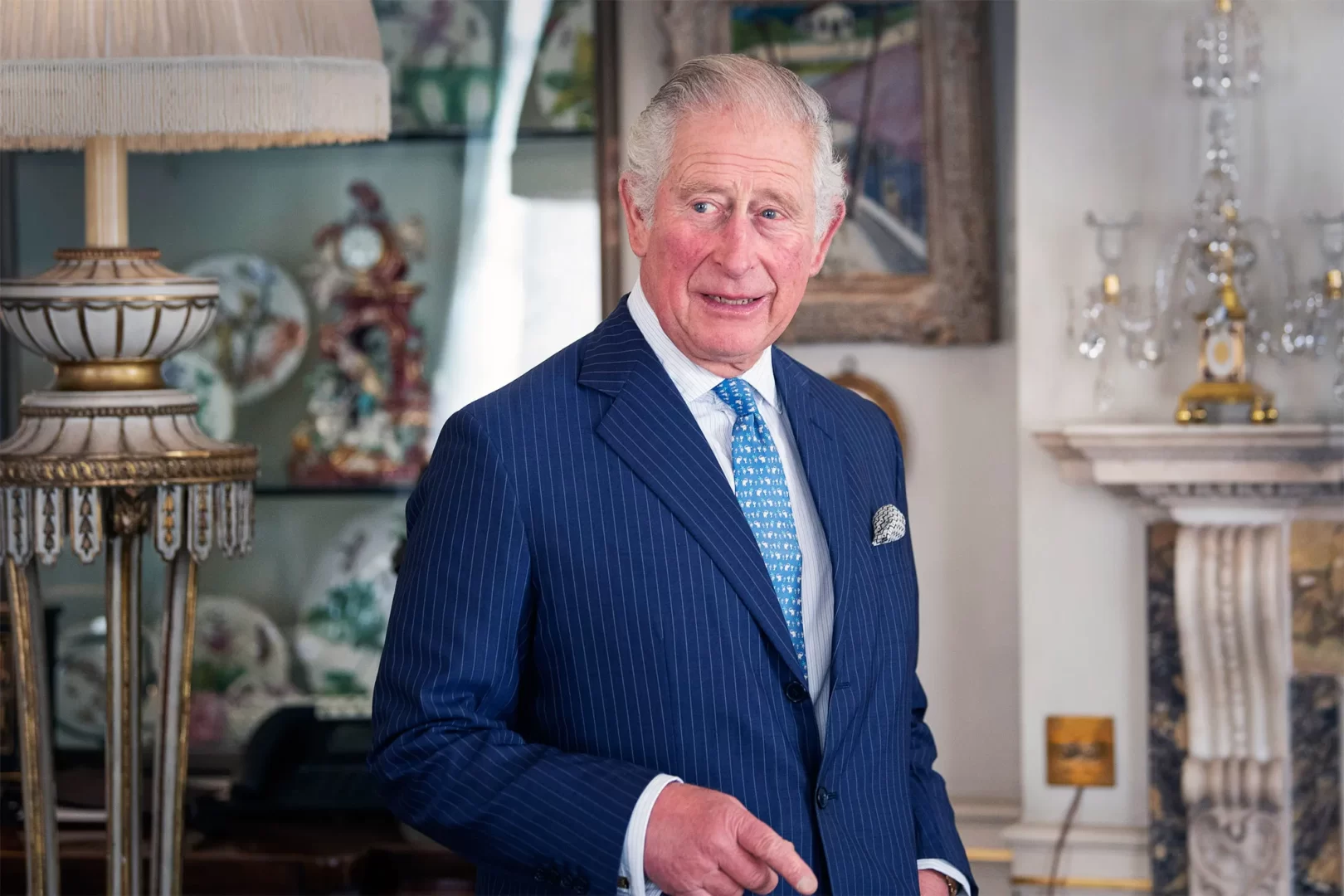King Charles III on Friday appeared to mark an end to his decades-long public crusade for reducing greenhouse gas emissions, which are increasing global temperatures. King Charles III was outspoken about the “existential” threat presented by climate change while he was Prince of Wales.
Charles promised to respect the constitutional norms that prevented the sovereign, including his late mother, Queen Elizabeth II, from having an opinion on what might be considered political issues in his first speech as king.
In his recorded remarks, Charles added, “My life will of course alter as I take on my new obligations. “It won’t be possible for me to devote as much of my time and energy to the causes and charities I care so deeply about, but I know this essential work will continue in the capable hands of others,” she said.
Charles had supported environmental concerns for more than 40 years, including the necessity to wean the world economy off of fossil fuels in order to stop a global warming catastrophe. Charles declared that climate change was a “existential threat to the extent that we have to put ourselves on what might be called a war-like footing” at the beginning of COP 26, the United Nations climate change conference, in Glasgow, Scotland, in November. He also urged world leaders to start “radically transforming our current fossil fuel based economy to one that is truly renewable and sustainable.”
But three months later, Russia started its own conflict with Ukraine, which cut off the continent’s and the UK’s supply of gas and oil. hence casting doubt on the British government’s promise to achieve net zero greenhouse gas emissions by 2050.
With Russia cutting off natural gas deliveries, the continent is preparing for an energy crisis that will cause energy prices to soar during the chilly winter months and force governments to resume oil and coal use at a time when climate scientists have warned that people must immediately switch to renewable sources of energy or face dire consequences like those seen this summer in places like Pakistan, the Horn of Africa, Europe, and the United States.
The relaxation of the hydraulic fracking moratorium and the approval of additional oil and gas drilling in the North Sea are just two of the actions that newly appointed Prime Minister Liz Truss announced on Thursday in an effort to lessen the effects of increasing energy prices in the coming months. She also selected Jacob Rees-Mogg, a climate science sceptic according to environmentalists, to lead the nation’s energy industry.
At the World Economic Forum in 2020, Charles made a statement urging “a reform in our economic model that places nature and the global transition to net zero at the centre of how we function.”
Needless to say, Charles did not exactly have a continuous reliance on oil in mind. However, as a symbolic person who is not chosen, the king has no influence over governmental decisions.
Ranil Jayawardena, who has opposed the construction of solar farms on agricultural land, was also appointed by Truss as environment secretary.
Charles has long been a supporter of solar energy, obtaining permission in 2021 to place panels atop London’s Clarence House, his old home, and hailing India’s increase in solar energy production.
In his capacity as Prince of Wales, Charles made tackling climate change a prominent part of his speeches, publications, and other writings. He received a lot of criticism for the choice from individuals who thought his advocacy went beyond what the monarchy permitted.
The fact that the new monarch omitted the phrase “climate change” from his Friday speech alone said a lot.








